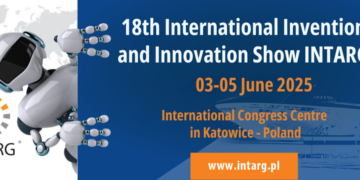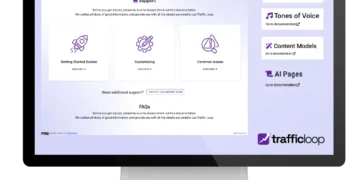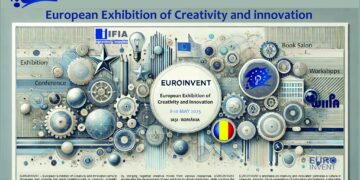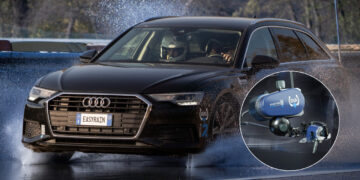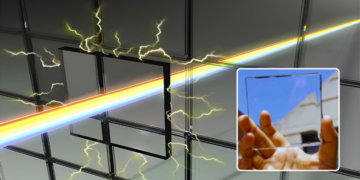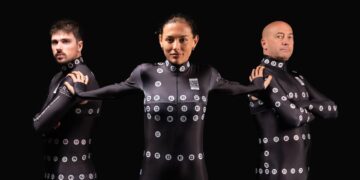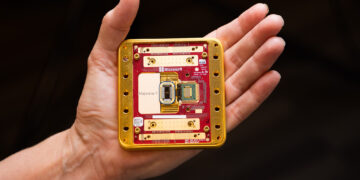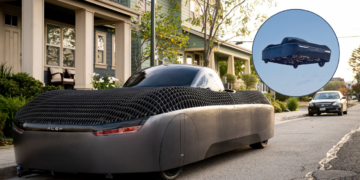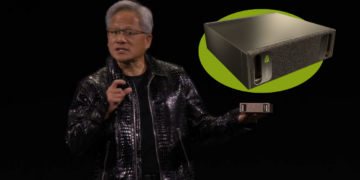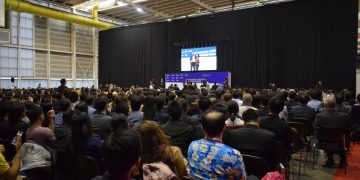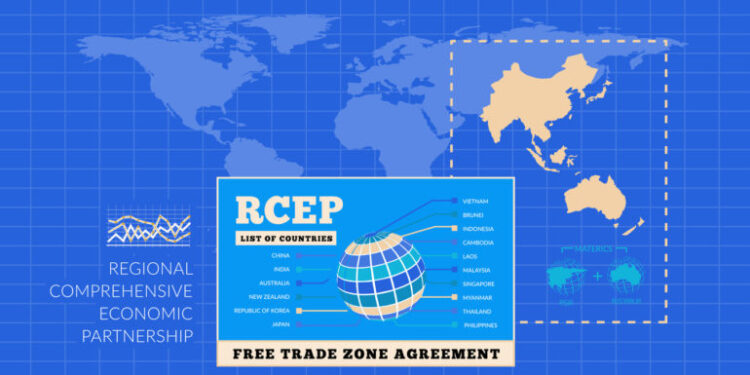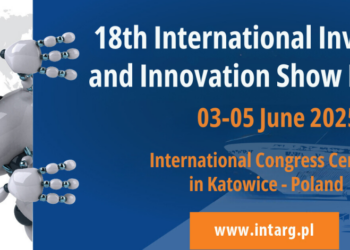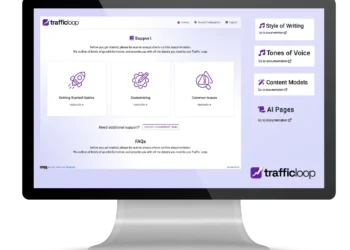An in-depth look at what are the IP implications for Australia from the regional comprehensive economic partnership (RCEP)
When new trade deals are penned, clauses relating to intellectual property (IP) can receive attention ranging from absolutely none to furious protests in the streets of Auckland. The recent signing of the RCEP has received relatively little coverage (compared to the furorecaused by the TPP negotiations), likely due to other topics being higher on media’s priority list. We,in any case, carefully considered the provisions relating to patents and designs that have now been signed by a third of the world economy, and four topics have caught our attention.
Patentable Subject Matter
Whether inventive activity in some modern fields of technology, particularly in computer-implemented fields, is patentable has been a matter of much contention in Australia with increasing numbers of Patent Office decisions being appealed. In this context, the RCEP’s simplicityin defining what “patents shall be available for” makes a sharp contrast:
For any invention, whether products or processes, in all fields of technology, provided that they are new, involve an inventive step, and are capable of industrial application.
Capable of industrial application is then permitted to be deemed synonymous with “useful”. We expect the Australian government to argue that the current Patents Act 1990 (Cth) and Patents Regulations 1991 (Cth) sufficiently enliven the RCEP language in this regard. Even if only tacitly assumed, this agreement may be useful in a future appeal before the Courts that the narrow scope of what has been found patentable by the Australian Patent Office in some instances contradicts the broad intentions formulated by the government to international partners.
Grace Periods
Certain members of our profession had been looking toward a pacific trade deal as an opportunity to harmonise the availability and treatment of grace periods in relation to patents and designs throughout the region. Such aspirations have been quickly dashed, as the RCEP merely states:
The Parties recognise the benefits of patent grace periods to disregard certain public disclosures of inventions when determining if an invention is novel in order to support innovation.
Thus, it appears that the minimal grace periods already required under Paris Convention (rarely ofpractical use and only relating to disclosures at Conventions, or contrary to a burden of confidentiality) will continue to suffice under this new language. Interestingly, there is no mention of a grace period for designs at all, despite increasing recommendations being made under the currently pending review of the Australian designs system to implement a grace period.
Expedited Examination
Better news for impatient applicants: some of the signatories to the RCEP previously had no, orlittle-used, mechanisms for expediting examination of an application. The RCEP specifically call seach party to endeavour to provide procedures for expediting patent examination. We thus look forward to further information from member states as to how this language will be actioned inrespective domestic legislation. Our local offices will be sure to report further.
Experimental Use Defence
While already a reasonably standard feature in most countries’ patent legislation, it is heartening to see an international agreement specifically stating that any act done for experimental purposes is not an infringing act. Such certainty, particularly in fields where use across national boundaries is usually required during experimental phases, such as logistics or software. In conclusion, the media is probably justified in giving the RCEP a pass, at least as far as it relates to patents and designs. However, increasing harmonisation of prosecution procedure across the region will increase scope certainty for clients operating across Asia-Pacific and ensure more consistent prosecution outcomes.
 David Mueller-Wiesner
David Mueller-Wiesner
SENIOR ASSOCIATE
PATENTS: ENGINEERING & ICT
+61 2 9393 0100
[email protected]
 Simon Reynolds
Simon Reynolds
PRINCIPAL
PATENTS: ENGINEERING & ICT
+61 2 9393 0100
[email protected]
Read also –> Considerations in patenting computer implemented inventions



